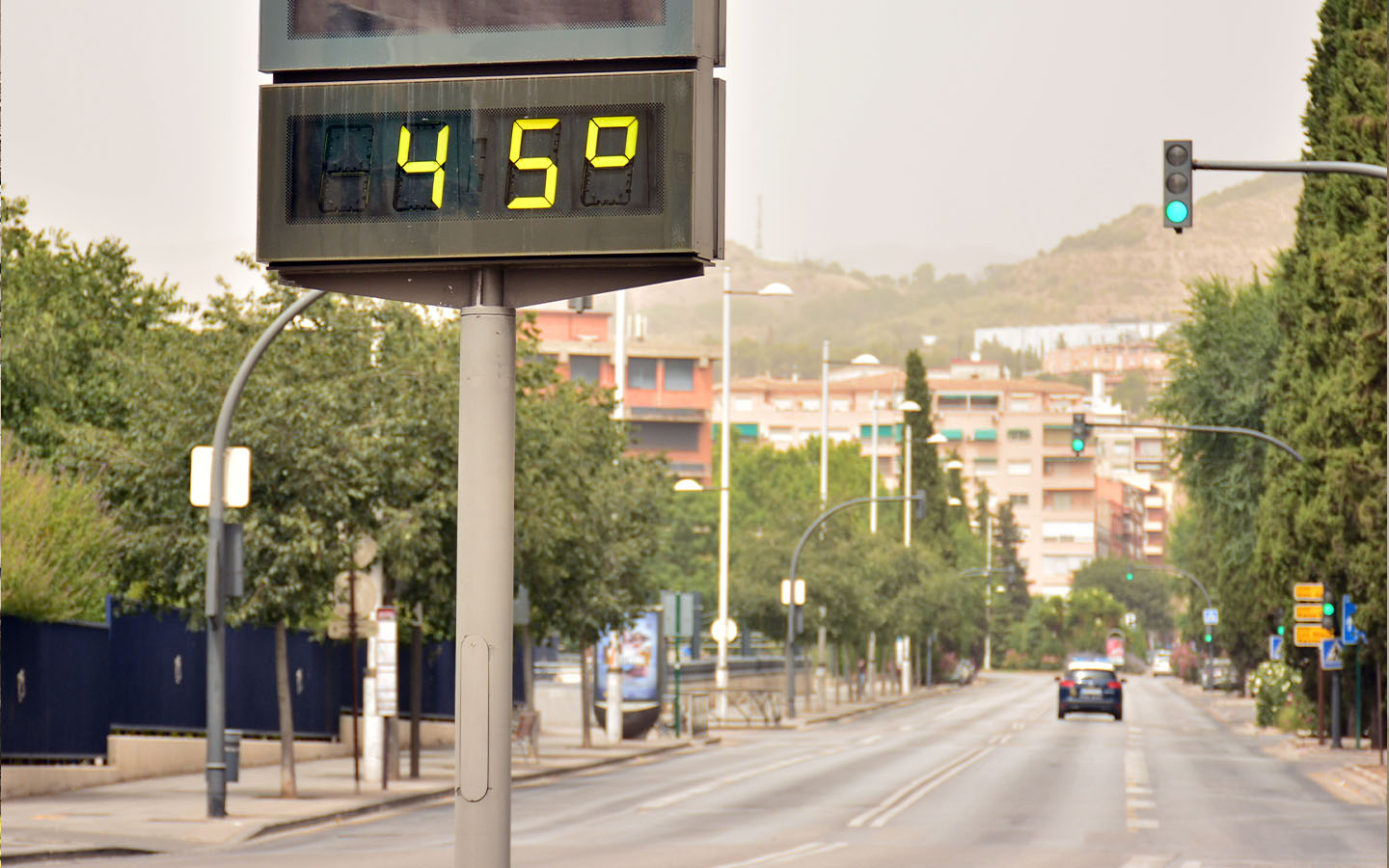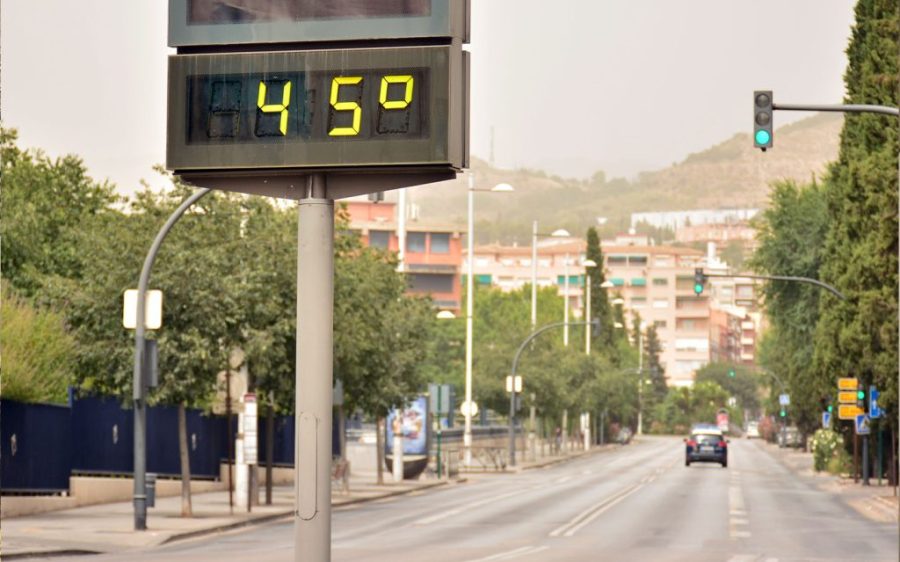Extreme heat is sweeping across Europe, pushing temperatures above 40°C in some countries as the continent braces for another deadly summer.
The south is bearing the brunt, particularly Spain and Portugal, reports the Guardian. Two-thirds of Portugal were on high alert on Sunday for extreme heat and forest fires, the capital city of Lisbon expecting temperatures of 42°C.
Spain was expected to see temperatures in excess of 40°C across much of the country. The southern city of Seville was forecast to reach up to 43°C, leaving locals and tourists alike desperately seeking cold drinks, a handheld fan and a shady spot away from the sun. El Granado, in the southwest Huelva region, may have fared even worse, reporting a temperature of 46°C. If confirmed, it would set a new record for the hottest temperature in Spain during June.
The past three years have been the hottest in Spain’s history and the country is far from alone. According to the European Union’s Copernicus climate monitor and the World Meteorological Organization, the continent has been warming at roughly twice the global average since the 1980s.
France, Italy and Greece have fared only slightly better than the Iberian peninsula. Heatwave alerts in France were extended across the country on Saturday.
[See more: Extreme heat is more deadly than we thought, studies show]
The central city of Orleans made access to air-conditioned museums free of charge and extended hours in parks and gardens so people could make use of them in the cooler evening hours. Schools in nearby Tours were ordered closed on Monday and Tuesday in the afternoon, while Marseille, France’s second-largest city, ordered public swimming pools be made free of charge as the temperature approached 40°C.
Expected highs of 39°C in Naples and Palermo prompted Sicily to order a ban on outdoor work during the hottest hours of the day. The northern Italian region of Liguria also issued a ban, the country’s trade unions pushing hard to extend the measure to other regions.
Greece was on high wildfire alert as extreme weather increased the likelihood of disaster. A large wildfire did break out south of Athens on Thursday, forcing evacuations and road closures as high winds spread the blaze, damaging homes and filling the air with smoke.
Wildfires aren’t the only danger. Heat itself presents a serious health risk for people, killing some 44,000 people in Europe last summer. A study published last year in Lancet Public Health forecast that heat deaths in Europe could triple by 2100, disproportionately impacting southern countries like Italy, Greece and Spain.
Looking at four different climate scenarios, the study found that the annual death toll in Europe from heat and cold would still increase by some 43,000 people if countries meet the target of 1.5°C set out by the Paris Climate Agreement. Any temperature increase above 1.5°C over pre-industrial levels would send heat deaths soaring even higher.






